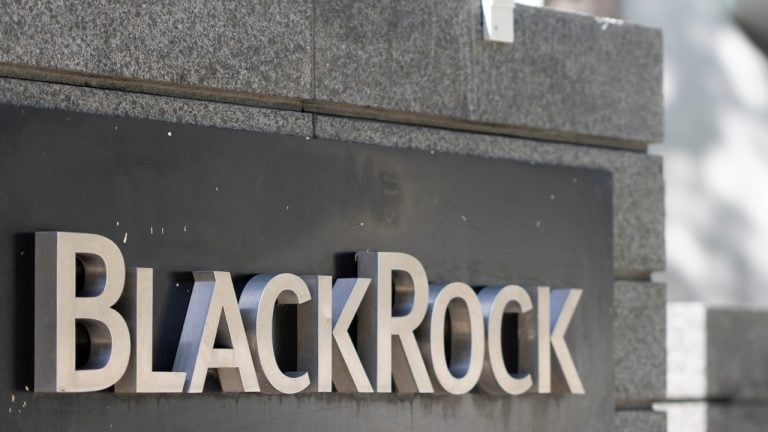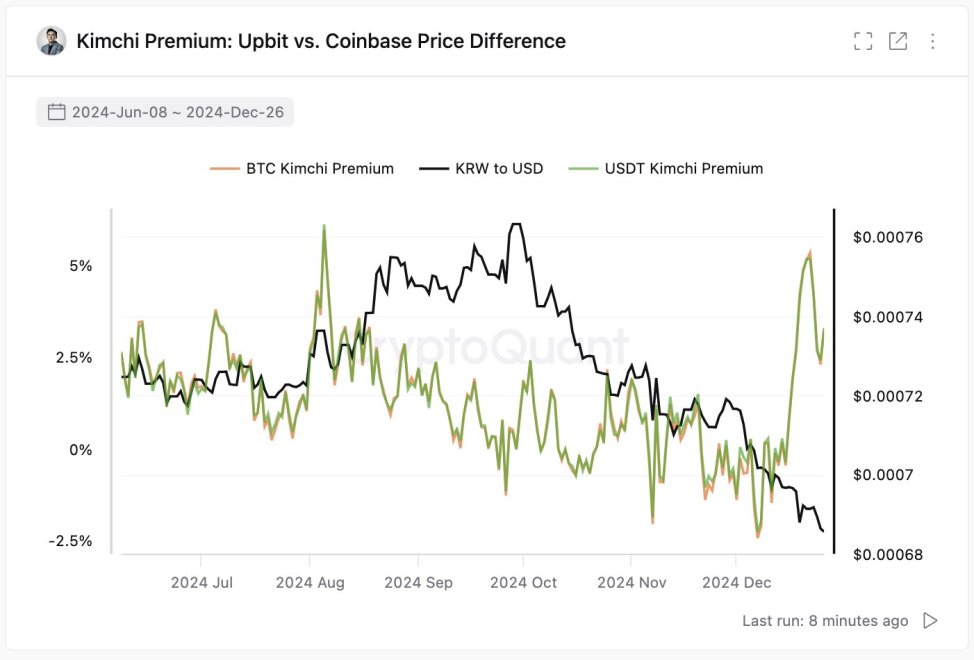The rise of cryptocurrencies and digital assets has shifted the financial industry's worldview. These digital currencies provide up new avenues for investment, cross-border commerce, and decentralized finance. However, in addition to its enormous potential, the crypto business confronts regulatory obstacles.
Cryptocurrencies' decentralized and transnational nature creates new complications for regulators, necessitating novel methods to assure compliance. This is where regulatory technology, or regtech, enters the picture. In this article, we will look at the regulatory problems that the crypto business faces, as well as how regtech may help with compliance in the world of digital assets.
The cryptocurrency sector operates in a fast-changing regulatory environment
Governments and regulatory agencies throughout the world are attempting to establish clear norms and frameworks to control cryptocurrencies. Because there is no single global regulatory framework, there is a patchwork of legislation that differ from country to country. This lack of transparency and consistency presents difficulties for both cryptocurrency firms and authorities.
AML and CFT
Anti-money laundering (AML) and countering the financing of terrorism (CFT) are two major regulatory challenges in the crypto business. Due to its pseudonymous character, which makes it impossible to trace and identify the persons engaged in transactions, cryptocurrencies have been associated with criminal activity. Regulators are concerned about cryptocurrencies being used for money laundering, terrorism financing, or other unlawful objectives. Meeting AML and CFT regulations while respecting cryptocurrency's privacy and decentralized ideals is a tricky balance that authorities must strike.
Regtech solutions are critical in tackling AML and CFT issues in the crypto business. These systems monitor transactions and detect suspicious activity by utilizing advanced technologies such as artificial intelligence (AI), machine learning, and data analytics. Blockchain data, transaction patterns, and wallet addresses can all be analyzed by regtech tools to discover potential hazards and irregularities. Regtech enables crypto businesses to comply with AML and CFT requirements more efficiently and effectively by automating these processes.
KYC processes and compliance
Know-your-customer (KYC) compliance is another key regulatory concern in the crypto business. KYC requirements require companies to verify their clients' identities in order to prevent fraud, money laundering, and other illegal acts. The decentralized nature of cryptocurrencies, on the other hand, presents significant obstacles for KYC implementation. Traditional KYC processes, which rely on physical documentation and face-to-face encounters, are difficult to implement in the cryptocurrency realm.
Regtech solutions provide novel ways to KYC compliance in the cryptocurrency business. Biometrics, digital identity verification, and blockchain-based identity management systems are among the technologies used in these solutions. Regtech technologies enable businesses to authenticate their clients' identities while maintaining privacy and security. Regtech promotes compliance in the crypto business by automating KYC processes and exploiting decentralized identification systems, facilitating the onboarding of legal users while limiting the danger of fraudulent operations.
Tax compliance
Furthermore, another key regulatory problem in the crypto industry is tax compliance. Tax authorities are increasingly focused on cryptocurrencies, attempting to guarantee that individuals and organizations declare their crypto-related income and transactions appropriately. However, the complexity of crypto transactions, such as token swaps, airdrops, and staking, makes it difficult for taxpayers to determine their tax liability.
Regtech solutions can help people and organizations navigate the complexity of cryptocurrency tax compliance. These solutions may be integrated with cryptocurrency exchanges and wallets to log transactions, calculate gains and losses, and create tax reports automatically. Regtech products assist taxpayers satisfy their tax obligations while lowering the strain of human record-keeping and reporting by providing accurate and real-time tax information.
Moreover, regulatory issues in the crypto industry extend beyond investor protection and market integrity. Given the volatility and speculative nature of cryptocurrencies, investors must be protected from fraudulent schemes and market manipulation. Regulators are striving to develop regulations that strike a balance between encouraging innovation and protecting investors.
Regtech solutions protect investors and maintain market integrity by enabling market surveillance and compliance monitoring. These technologies are capable of analyzing trading data, monitoring trading activity across many platforms, and detecting potential market manipulation or abusive practices. Regtech plays a critical role in protecting market integrity and investor confidence in the crypto business by alerting regulators to questionable behavior and enabling proactive enforcement actions.
Enhancing compliance with smart contracts and blockchain
One of the significant advantages of digital assets is their inherent programmability, enabling the use of smart contracts. These self-executing contracts automatically enforce predefined rules and conditions, eliminating the need for intermediaries. Regulators can leverage this capability to embed compliance requirements directly into smart contracts, ensuring regulatory standards are met at the transactional level.
Blockchain technology plays a crucial role in improving transparency and auditability, as it provides an immutable and distributed ledger. Regulators can utilize blockchain to track and record digital asset transactions in real-time, enhancing visibility and enabling efficient monitoring. By employing RegTech solutions that integrate smart contracts and blockchain, regulators can automate compliance checks, verify transactions, and detect suspicious activities more effectively.
Risk management and real-time monitoring
The dynamic and evolving nature of the digital asset market necessitates robust risk management frameworks. RegTech can help regulators identify and assess risks associated with digital assets by utilizing advanced analytics and ML algorithms. By analyzing vast amounts of data, RegTech solutions can detect patterns, anomalies, and potential risks, enabling regulators to take proactive measures to safeguard investors' interests.
Real-time monitoring is crucial in the digital asset space, where transactions occur at high speeds across multiple platforms. RegTech tools can provide regulators with real-time insights and alerts, enabling them to monitor market activities, identify market manipulation, and prevent fraud. Automated surveillance systems powered by AI and ML algorithms can continuously scan digital asset markets, analyze trading patterns, and flag suspicious activities promptly.
Compliance reporting and data security
Compliance reporting is a critical aspect of regulatory oversight, but it can be time-consuming and resource-intensive. RegTech can automate the generation and submission of compliance reports, reducing the administrative burden on businesses and regulators alike. Advanced data analytics tools can analyze large volumes of data and generate accurate reports in real-time, ensuring timely compliance.
Data security is paramount in the digital asset ecosystem, given the prevalence of cyber threats and the potential for data breaches. RegTech solutions can employ encryption techniques, secure data storage, and robust identity verification mechanisms to protect sensitive investor information. Additionally, blockchain-based identity management systems can enhance data privacy and give investors greater control over their personal data.
Conclusion
The crypto business has unique regulatory hurdles that necessitate creative solutions. Regtech is emerging as a critical facilitator in the field of digital assets compliance. Regtech solutions help crypto businesses solve AML and CFT difficulties, streamline KYC processes, facilitate tax compliance, and protect investors by employing modern technologies. Regtech will play an increasingly crucial role in establishing a compliant and secure environment for cryptocurrencies and digital assets as the crypto industry evolves and regulators refine their approaches.
This article was written by FM Contributors at www.financemagnates.com.
You can get bonuses upto $100 FREE BONUS when you:
💰 Install these recommended apps:
💲 SocialGood - 100% Crypto Back on Everyday Shopping
💲 xPortal - The DeFi For The Next Billion
💲 CryptoTab Browser - Lightweight, fast, and ready to mine!
💰 Register on these recommended exchanges:
🟡 Binance🟡 Bitfinex🟡 Bitmart🟡 Bittrex🟡 Bitget
🟡 CoinEx🟡 Crypto.com🟡 Gate.io🟡 Huobi🟡 Kucoin.




















Comments